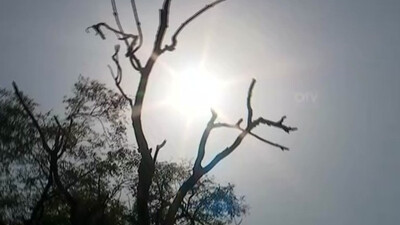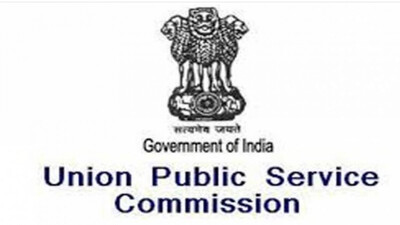Appearing before a five-judge bench headed by Justice Asif Saeed Khosa to face a contempt charge for failing to reopen the cases against the President, Ashraf said he had instructed Law Minister Farooq Naek to revoke the letter that was written by former Attorney General Malik Qayyum in late 2007.
With the revocation of the letter written during the regime of former military ruler Pervez Musharraf, it will be up to the Swiss authorities to decide whether the cases against Zardari should be reopened, legal experts said.
In late 2007, Qayyum had asked Swiss authorities to close the graft cases against Zardari and his slain wife, former premier Benazir Bhutto, after Musharraf issued the National Reconciliation Ordinance, a graft amnesty that benefited over 8,000 people.
The amnesty was part of a secret deal between Musharraf and Bhutto that facilitated the latter's return to Pakistan from self-imposed exile.
Ashraf told the bench that he would abide by his commitment to find a solution to the issue of the graft cases.
After reviewing all aspects of the matter, he said he had decided to revoke the letter written by the former Attorney General and asked the Law Minister to take necessary steps.
The premier said he wanted a solution that protects the dignity of both the apex court and the President.
He further said the case involves the position of the President and not Zardari personally, and hoped that the apex court would "exercise caution".
The bench told the premier that the court should be formally intimated after the Swiss Attorney General was informed of the latest developments.
It further said the government should show it the draft of the letter to be sent to the Swiss authorities.
The court also said there should be no more unnecessary delays in the matter and the government should finalise the draft letter in two to three days.
Following a request from Ashraf for more time to draft the letter to be sent to the Swiss authorities, the Supreme Court adjourned the case till September 25. The bench also accepted Ashraf's request to be exempted from future hearings.
Speaking to reporters after the hearing that lasted less than 50 minutes, Information Minister Qamar Zaman Kaira said the premier had asked the Supreme Court to address the government's concerns regarding the case.
"The Prime Minister appeared in court and presented his viewpoint and said he was committed to take steps to resolve the matter," he said.
The Law Ministry's draft letter to the Swiss authorities will be presented to court and then finalised, Kaira said. "The matter will be resolved and the atmosphere of uncertainty will end. It is not good for the country's system if the Prime Minister repeatedly appears in court," he added.
This was Ashraf's second appearance in the apex court to face the contempt charge. He was driven to the main entrance of the apex court in a SUV at around 9 am.
Wearing a gray bandh gala suit, he emerged from the vehicle and waved at his supporters standing outside the building before going inside.
Inside courtroom no 4, Ashraf sat flanked by several federal ministers and leaders of parties in the ruling coalition led by the Pakistan People's Party.
Shortly before the hearing, federal minister Firdous Ashiq Awan said the government would take steps to ensure that the country moved towards the holding of the next general election. "The government will exercise all options as any confrontation between state institutions will not be good," Awan told reporters.
The government will work with the Supreme Court as the country heads towards the next general election, she said.
At the last hearing on August 27, a five-judge bench accepted Ashraf's plea for more time to address the issue of reopening the cases against President and gave him three weeks.
Ashraf is the second premier to appear in the apex court to face a contempt charge for refusing to revive the cases against Zardari in Switzerland. His predecessor, Yousuf Raza Gilani, was convicted of contempt and disqualified in June.
The Supreme Court has been pressuring the government to revive the cases against the President since December 2009, when it struck down a graft amnesty issued by former military ruler Musharraf that benefited Zardari and over 8,000 others.
The government has refused to act, saying the President enjoys immunity in Pakistan and abroad.
The ruling PPP and some legal experts have accused the apex court of acting in a biased manner by going after only Zardari while ignoring the other beneficiaries of the graft amnesty.
Extensive security measures were put in place today for Ashraf's second appearance in the apex court. About 700 policemen were deployed in and around the court complex.
Special cameras were installed in the courtrooms, entry gates and reception areas of the Supreme Court to ensure decorum and security, officials said.
Entry to courtroom No 4, where the hearing is being held, was restricted to holders of special passes. Journalists had to deposit their mobile phones before entering the courtroom.












